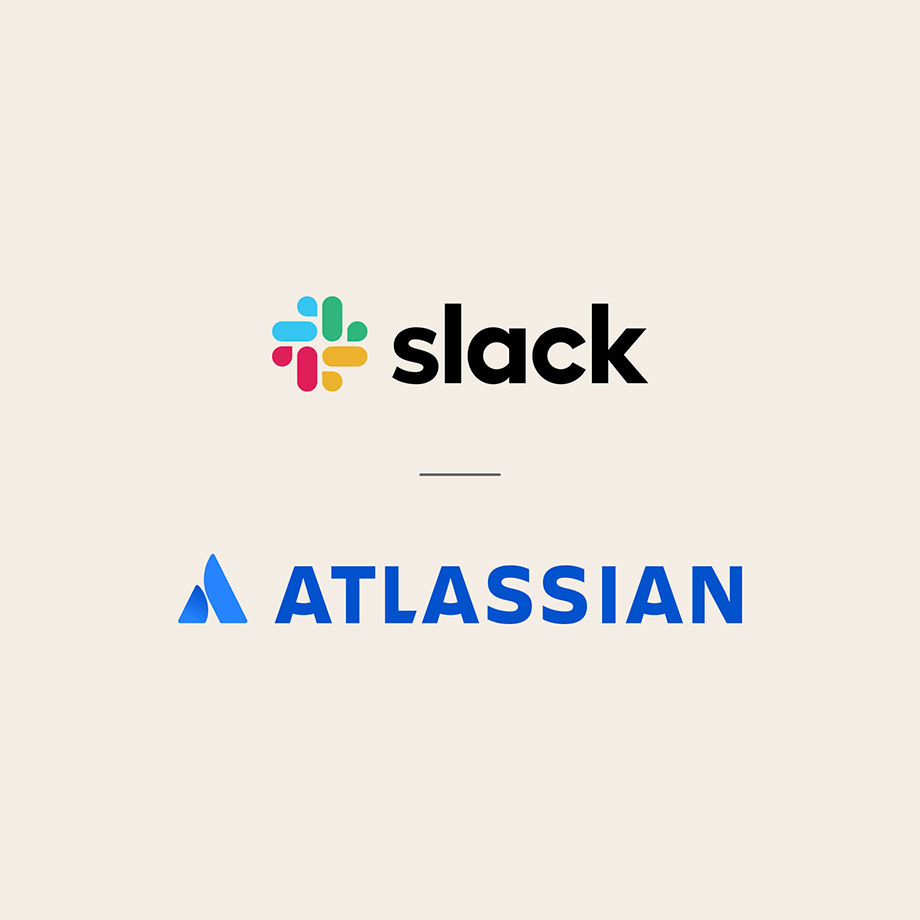A lot of “partnerships” between tech companies don’t get very far beyond a press release and maybe some half-hearted co-selling attempts. When Atlassian sold its chat services to Slack in 2018, the two companies said they would form a new partnership and with Atlassian leaving the chat space, a lot of people were skeptical about what that would really mean. Since then, things got pretty quiet around the collaboration between the two companies, but today the companies announced some of the deep integration work they’ve done, especially within Slack.
Over the course of the last two years, Slack and Atlassian shipped 11 product integrations, which now see about a million active users every month, with Jira being the most often used integration, followed by Halp, which Atlassian acquired earlier this year. Every month, Atlassian currently sends 42 million Jira notifications to Slack — and that number continues to grow.
At the core of these integrations is the ability to get rich unfurls of deep links to Atlassian products in Slack, no matter whether that’s in DMs, public or private channels. Coming soon, those unfurls will become a default feature within Slack, even if the user who is seeing the link isn’t an Atlassian user yet.
“Today, if you do drop a Jira link in your channel and you’re not as your user — or even if you are and you’re not authed in — you just see a link,” Brad Armstrong said. “You don’t get the benefit of the unfurl. And so one of the things we’re doing is making that unfurl available to everybody, regardless of whether you are logged in and regardless of whether you’re even an Atlassian customer.”
The two companies also worked closely together on making moving between the products easier. If you are a Jira user, for example, you’ll soon be able to click on a link in Slack and if you’re not currently logged into your Atlassian account, you’ll be automatically logged in. The two companies are taking this even further by automatically creating Jira accounts for users when they come from Slack.
“If you are you’re not even at your user, when you click on the link, we will then map you from Slack and create a Jira user for you that provisions you and auths you in so you’re immediately becoming a Jira user by virtue of wanting to collaborate on that piece of content in Slack,” Armstrong explained.
That, the two companies argue, turns Slack into something akin to a passport that gives you access to the Atlassian product suite — and that should also make onboarding a lot easier for new users.
“As you could probably imagine, as you know, onboarding is a pain, it’s hard because you have different roles, different size teams, so on and so forth,” said Bryant Lee, Atlassian’s head of product partnerships. “And that’s where you see some of the authentication stuff, the unfurling discovery piece really being an understanding of what those practices are. But the way that we look at it is not just about the product but people, products and practices. So it’s really about understanding who it is that we’re trying to optimize for.”
In addition to these new integrations that are launching soon, the two companies are also expanding their co-marketing efforts, starting with a new 50%-off offer for Atlassian users who want to also use Slack.
“We’re building on the strong foundation of our partnership’s success from the past two years, which has yielded tremendous shared customer momentum and impactful product integrations,” said Slack co-founder and CEO Stewart Butterfield. “Thanks to our strategic alliance, Slack and Atlassian have become the technology stack of choice for developer teams.”




